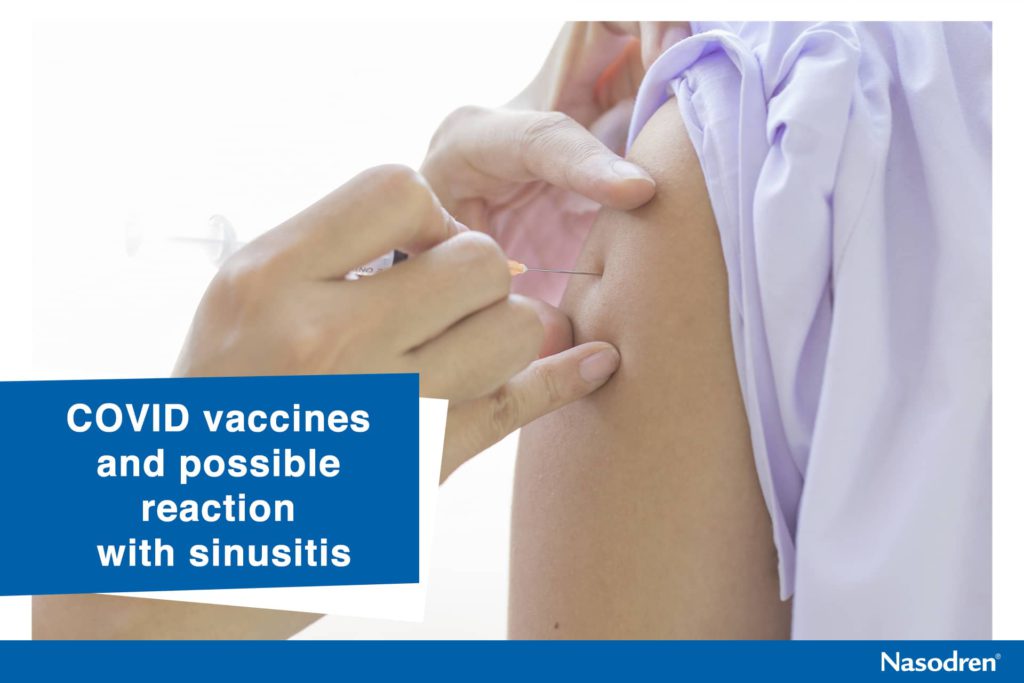More than a year after the start of the pandemic caused by the SARS-CoV-2 virus and known as COVID-19 or coronavirus pandemic, it seems that in developed countries, the situation is finally tending to improve.
During this time, doctors and researchers have learned about the virus and its behaviour and improved the therapeutic strategy.
But without a doubt, the great advance that allows us to see the light at the end of the tunnel has been the development, in record time, of vaccines.
Beyond distribution problems and controversies over prices and patents, the vaccines licensed to date are effective and safe. Although an alarm has indeed been created due to the appearance of cases of thrombosis and some anaphylactic reactions (severe allergy), the risk/benefit balance is very favourable, and it is already evidence that getting vaccinated is safer than not getting vaccinated.
The most common adverse reactions identified for currently licensed COVID-19 vaccines include:
- – Sensation of pain, heaviness, and/or tenderness in the arm where the injection was given (usually more intense during the first 24-48h)
- – Tiredness, muscle pain
- – Headache
- – General malaise and mild flu-like symptoms
- – Nausea
- – Fever
That said, is there a relationship between sinusitis, COVID, and vaccines?
The truth is that sinusitis and COVID can be confused since they share some symptoms such as fever, sore throat, nasal obstruction, cough, or difficulty breathing.
Therefore, when in doubt, it is advisable to carry out some tests to confirm or rule out coronavirus infection.
In any case, with or without sinusitis, vaccination is recommended except in people allergic to any of its components or if they have suffered a severe allergic reaction (anaphylaxis) to a previous dose of the vaccine against COVID-19.
Finally, remember that sinusitis symptoms (nasal congestion and/or discharge, facial pain or pressure, and loss of smell) are due to the accumulation of mucus inside the sinuses. Therefore, relief is achieved by draining that mucus
